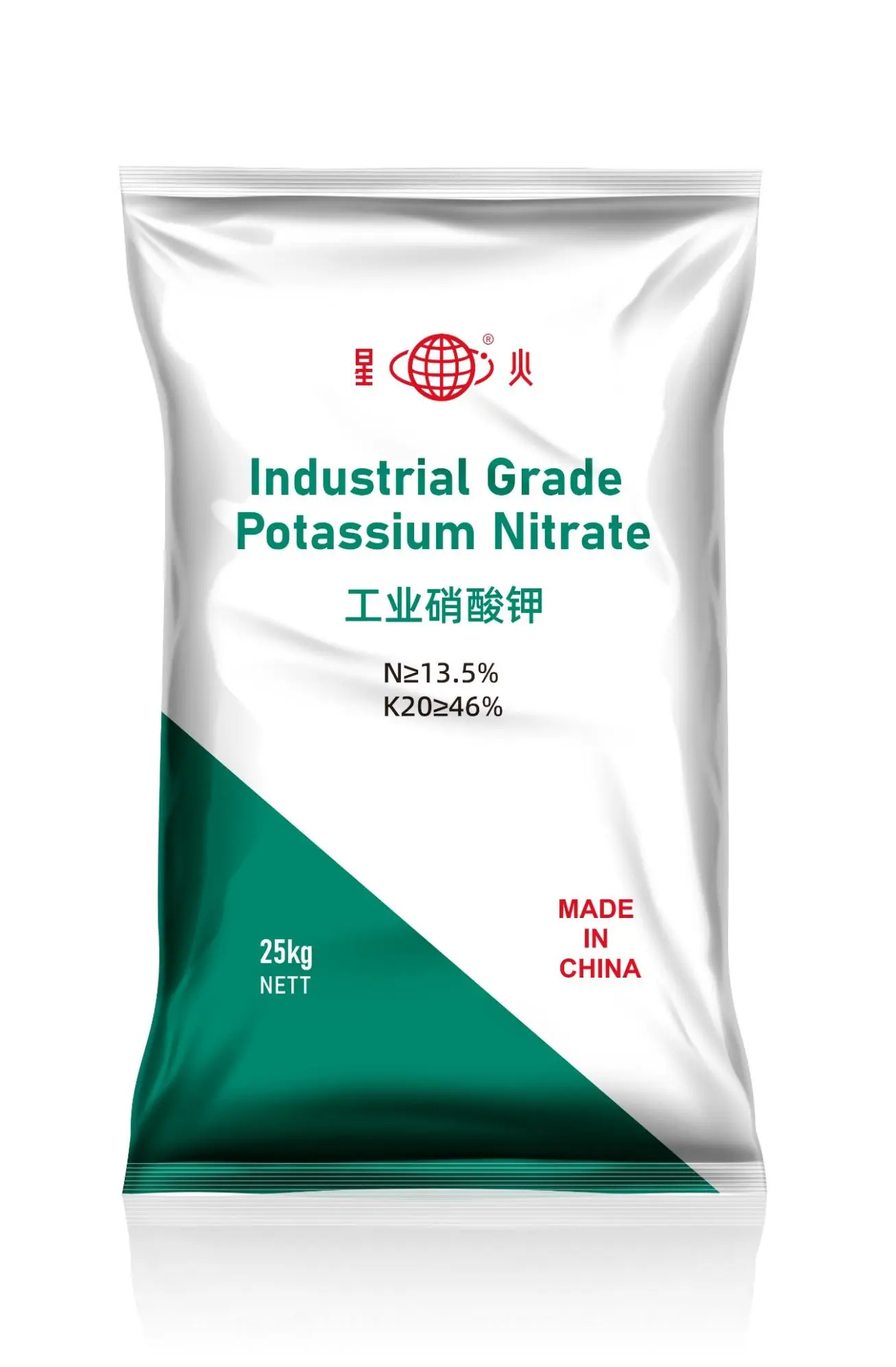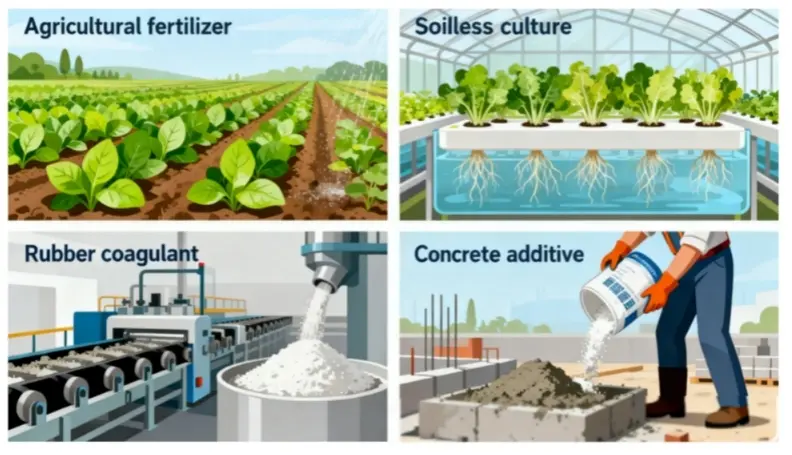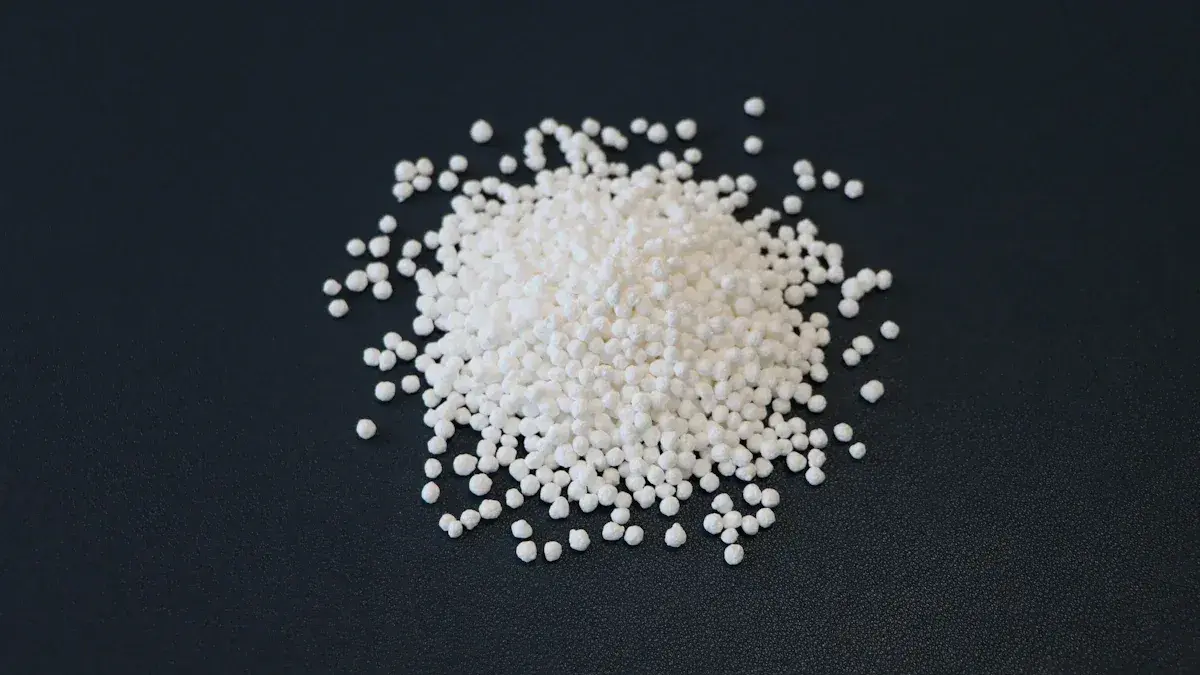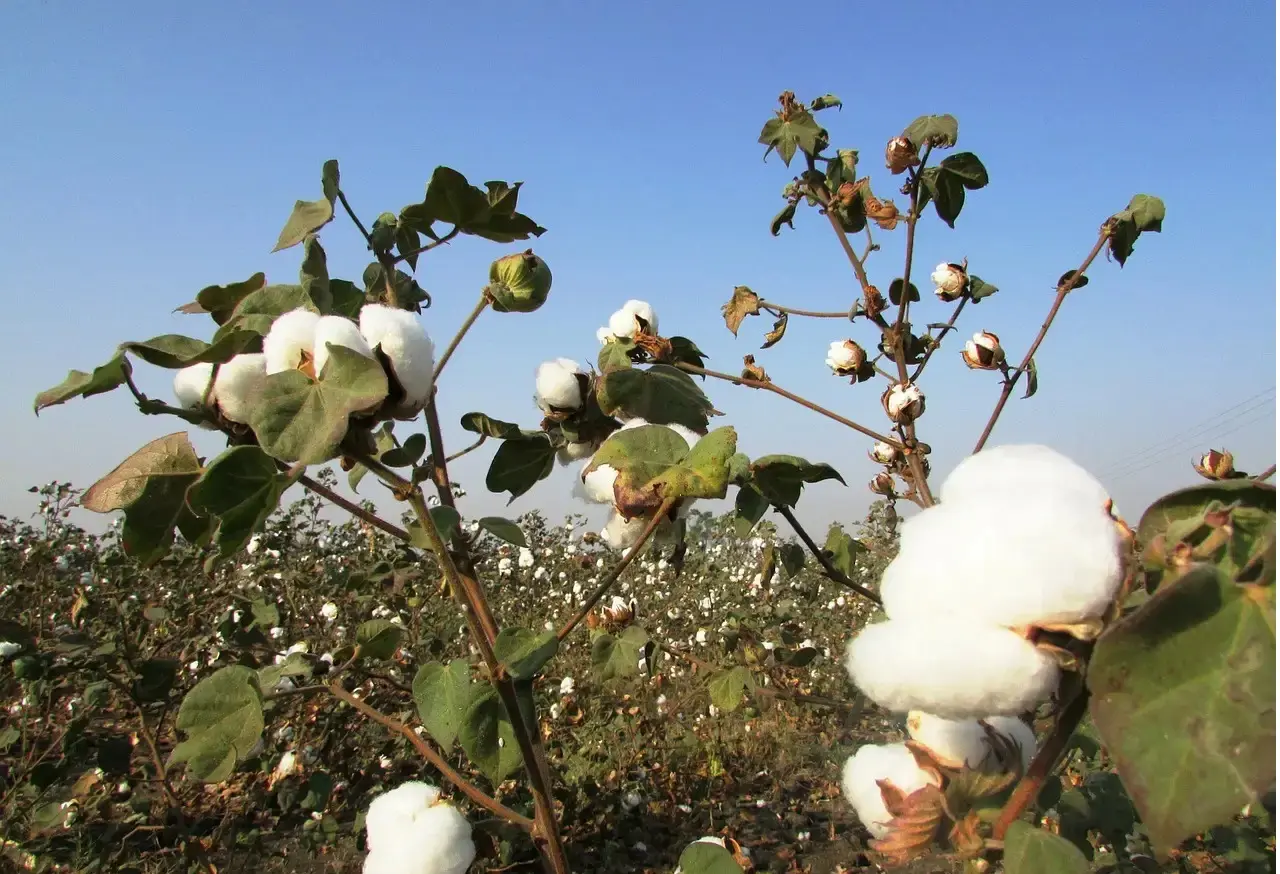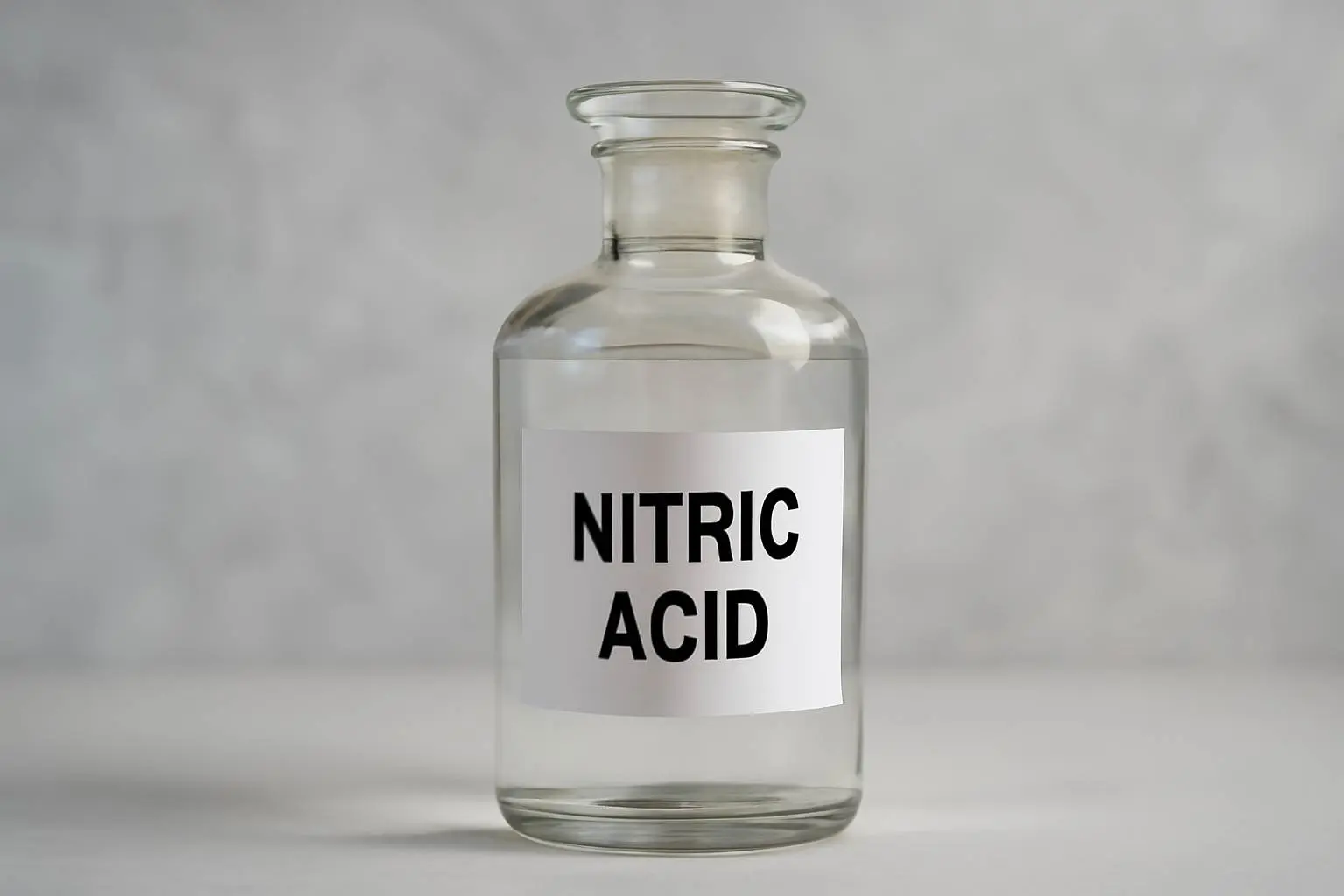Unlock Higher Quality Crops with Nitro-Sulfur Compound Fertilizers
Nitro-sulfur Compound Fertilizer is a type of compound fertilizer that uses nitrate nitrogen (NO₃⁻) as its primary nitrogen source and contains potassium and sulfur elements provided by P2O5 and K₂O). Its core characteristics lie in the form of nitrogen (nitrate nitrogen) and the source of potassium (potassium sulfate, chloride-free).
Main Formulas
| Formula | Total N ≥ | P2O5 O ≥ | K2O ≥ | Total Nutrients ≥ |
| 24-6-10 | 24.1 | 6.0 | 10.15 | 40.2 |
| 26-0-0 | 26.1 | 0 | 0 | 26.1 |
| 26-13-0 | 26.1 | 13.12 | 0 | 39.1 |
| 19-26-0 | 19.0 | 26.1 | 0 | 45.1 |
| 27-0-5 | 27.1 | 0 | 5.1 | 32.1 |
| 15-15-15 | 15.0 | 15.1 | 15.1 | 45.2 |
| 16-5-20 | 16.0 | 5.1 | 20.1 | 41.1 |
| 15-4-26 | 15.0 | 4.1 | 26.1 | 45.1 |
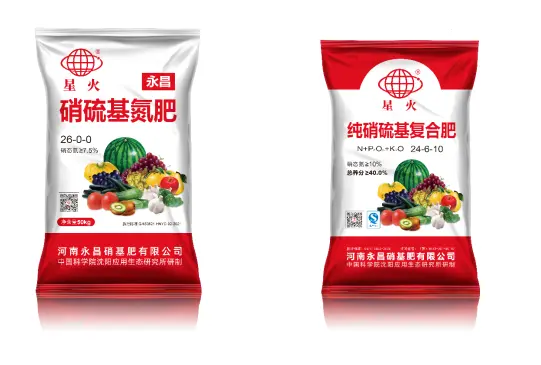
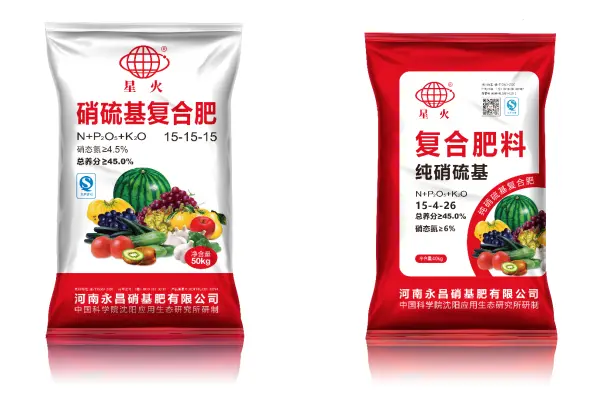
Key Characteristics
- Rapid Effectiveness and Quick Action:
- Nitrate nitrogen (NO₃⁻) is a form of nitrogen that plants can absorb and utilize directly, without needing complex conversion processes in the soil (unlike ammonium nitrogen, which needs to be converted to nitrate for efficient absorption by most plants).
- After application, it is quickly absorbed by crop roots, rapidly replenishing nutrients and promoting fast crop growth. This is particularly significant during the early growth stages or critical nutrient demand periods.
- Promotes Absorption of Cations like Calcium and Magnesium:
- Nitrate nitrogen is an anion. Its absorption process does not inhibit the uptake of other cations (such as Ca²⁺, Mg²⁺); instead, it facilitates the absorption and utilization of these medium and micronutrients.
- This is crucial for crops with high calcium requirements (e.g., solanaceous vegetables, fruit trees).
- Provides Sulfur:
- Potassium is supplied in the form of potassium sulfate (K₂SO₄), which simultaneously provides sulfur (S).
- Sulfur is an essential plant nutrient involved in protein synthesis, enzyme activation, oil formation, chlorophyll synthesis, and other processes. It plays a vital role in improving crop quality (e.g., oil content in oilseed crops, flavor in alliums, protein content in legumes).
- Chloride-Free (Cl⁻):
- Potassium sulfate contains no chloride ions (Cl⁻), making nitro-sulfur compound fertilizer a chloride-free fertilizer.
- This is essential for "chloride-sensitive crops," avoiding quality degradation caused by chloride ion accumulation (e.g., reduced burn quality in tobacco, lower starch content in tubers, decreased sweetness in fruits) or potential toxicity.
- Improves Soil Health (Relatively):
- Long-term use of chloride-containing fertilizers can lead to soil acidification or salt accumulation. Nitro-sulfur fertilizers are chloride-free, and potassium sulfate is neutral, having a relatively smaller impact on soil pH. This is more beneficial for soil health (especially in saline-alkali soils or areas with chloride-sensitive crops).
- Enhances Crop Stress Resistance:
- Adequate potassium and sulfur help strengthen crop stems, improving resistance to lodging, cold, drought, pests, and diseases.
- Improves Agricultural Product Quality:
- Nitrate nitrogen promotes protein synthesis, sulfur enhances flavor compounds and oil content, and the absence of chloride ensures safety and taste. Together, they significantly improve fruit color, flavor, sweetness, vitamin content, protein content, and storage/transport tolerance.
Main Suitable Crops
Due to its characteristics of being fast-acting, chloride-free, and sulfur-containing, nitro-sulfur compound fertilizer is particularly suitable for the following types of crops:
1. High-Value Vegetables:
- Solanaceous Vegetables:Tomatoes, peppers, eggplants, cucumbers, watermelons, melons, strawberries, etc. Fast-acting nitrogen promotes flowering, fruit setting, and fruit enlargement; chloride-free ensures quality; sulfur enhances flavor.
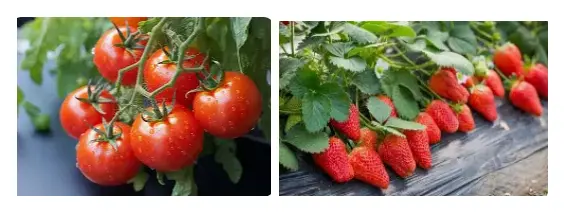
- Leafy Vegetables:Cabbage, kale, spinach, lettuce, celery, etc. Fast-acting nitrogen promotes rapid leaf growth and improves quality.
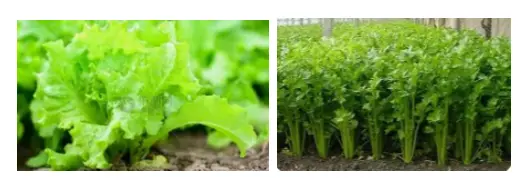
- Root and Tuber Vegetables:Potatoes, sweet potatoes, radishes, carrots, onions, garlic, ginger, etc. Especially critical! They are typical chloride-sensitive crops; chloride significantly reduces starch/sugar content and quality. Nitrate nitrogen promotes tuber/bulb enlargement; sulfur is crucial for the flavor of alliums.
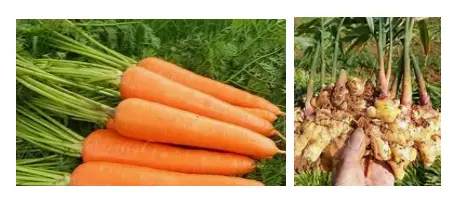
Legume Vegetables:Green beans, cowpeas, etc. Nitrate nitrogen promotes growth; sulfur aids protein synthesis.
2. Fruit Trees:
- Apples, pears, peaches, grapes, citrus, mangoes, bananas, lychees, longans, etc. Fast-acting nitrogen meets rapid demands at various growth stages (especially bud break, new shoot growth, young fruit enlargement); chloride-free ensures fruit quality and flavor; sulfur is also essential. Nitrate nitrogen promotes calcium absorption, beneficial for preventing physiological disorders (e.g., bitter pit, blossom-end rot).
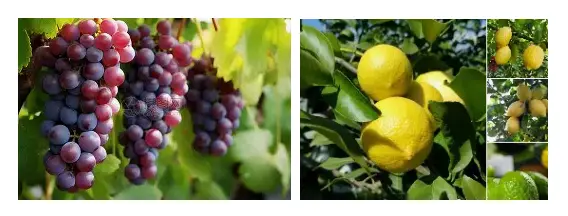
3. Cash Crops:
- Tobacco:The most typical chloride-sensitive crop. Chloride severely affects burn quality and aroma; chloride-free fertilizers are mandatory. Nitro-sulfur is one of the ideal fertilizers for tobacco.
- Tea:Improves fresh tea leaf quality and yield; chloride-free ensures tea flavor.
- Sugarcane, Sugar Beet:Chloride-free helps increase sugar content.
- Cotton:Nitrate nitrogen promotes growth; sulfur aids fiber development.

4. Oilseed Crops:
- Rapeseed, peanuts, soybeans, sunflowers, etc. Sulfur is a key element in oil synthesis; nitro-sulfur fertilizer effectively increases oil content and quality.
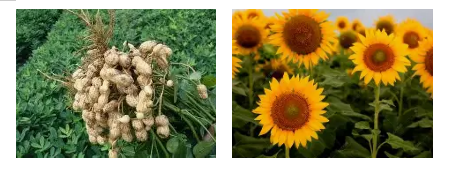
5.Flowers and Seedlings:
- Ornamental plants and nursery stock requiring rapid growth and good quality.
Key Application Considerations
- Nitrate Leaching Risk:Nitrate nitrogen is not easily adsorbed by soil colloids and is prone to leaching downward with water (especially in sandy soils or during heavy rain/excessive irrigation). Therefore, split applications are recommended to avoid waste and groundwater pollution from single large doses. Banding or hole placement with soil cover is more effective than broadcasting.
- Use Caution in Paddy Fields:Under flooded paddy conditions, the soil is oxygen-deficient, and nitrate nitrogen can be lost through conversion to gaseous nitrogen (N₂O, N₂) by denitrifying bacteria. Thus, nitro-sulfur fertilizer shows greater advantages in dryland cultivation; its effectiveness is lower in paddy fields compared to ammonium or amide nitrogen fertilizers, and the risk of loss is high.
- Cost:Typically more expensive than chloride-containing fertilizers (e.g., potassium chloride-based compound fertilizers).
- Soil pH:While relatively soil-friendly, long-term exclusive use in strongly acidic soils requires attention; it can be combined with organic fertilizers or alkaline fertilizers for adjustment.
Summary
The core advantages of nitro-sulfur compound fertilizer lie in its rapid effectiveness (nitrate nitrogen), chloride-free nature, and sulfur content. It is especially suitable for chloride-sensitive crops, crops with high sulfur requirements, high-value crops, and those needing quick results and high quality, such as vegetables (especially root/tuber crops, solanaceous vegetables, alliums), fruit trees, tobacco, oilseed crops, and tubers. It performs best when applied in dryland conditions. Care must be taken to prevent nitrate leaching, and its use in paddy fields should be avoided. Selection should be based on the specific crop, soil conditions, and management level.


